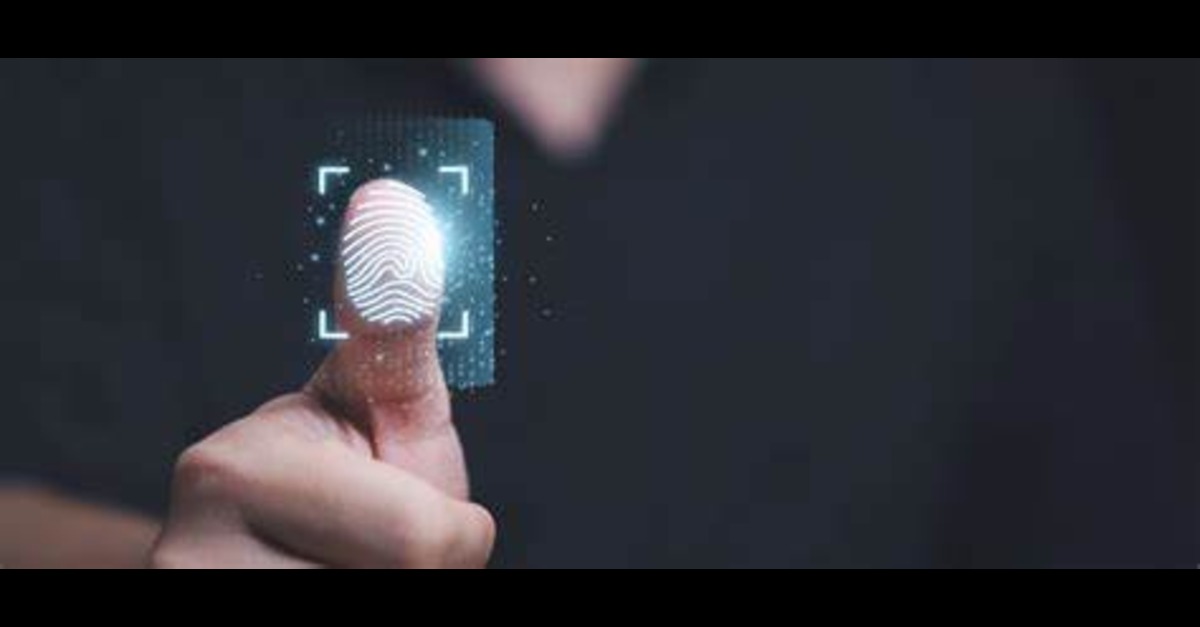Introduction
The Madhya Pradesh High Court on 25 March, 2025 held that a person’s fundamental rights cannot be set aside when a biometric machine fails to recognize him. The order passed by the Hon’ble HC addresses the common issue of rejection of petitioner’s appointment or the post of the assistant by Life Corporation of India (LIC) due to failure of biometric verification conducted by the Tata Consultancy Services (TCS).
Background
LIC issued an advertisement on 17 September 2019, inviting applications for the post of Assistant to which Mr. Vinod Kumar Meena (petitioner) applied. And the advertisement specified that biometric verification will be conducted by TCS. On 22 December, 2019 the exam was conducted and at the time of entry during the examination the petitioner’s biometric verification was successful but, at the time of exit it was unsuccessful.
However, he was still declared successful in the written test, and at the time of his document verification on 24 January, 2020, when his thumb impression were also obtained, they could not be verified, and he signed a declaration stating this was due to skin issues, also reiterating the entry and exit biometric verification results from the mains examination.
Subsequently, LIC informed Mr. Meena on February 29, 2020, that his candidature was rejected due to the failure of his biometric verification as per the report prepared by TCS and the decision of the competent authority. And hence, Mr. Meena filed a writ petition under the Article 226 of the Indian constitution regarding the same.
Key Points
The core legal issue in this case was that whether the rejection of the petitioner’s application solely based on failure of biometric verification by TCS, especially when there was no allegation of fraud and biometric verification successful at once, is justified or not.
The Madhya Pradesh HC addressed:
Whether TCS was a necessary party to the suit;
The effect of LIC not providing the TCS report to petitioner on basis of which his application was rejected;
The validity of the condition in the advertisement stating that the decision of the biometric data verification authority would be final and binding.
The High Court held that the TCS was merely an executing agency and not a necessary party to the suit. The HC also found that LIC’s failure to provide TCS report to the petitioner on basis of which his candidature was rejected, violated the Principles of Natural Justice. And most importantly, the court opined that the condition making TCS’s biometric verification decision final and binding is not valid as a person’s right to appointment cannot be denied solely due to machine failure, especially when their identity can be verified through other means.
Recent Development
The High Court allowed the writ petition filed by the petitioner and quashed the LIC’s order dated February 29, 2020, which rejected his candidature. And the High Court ordered LIC to verify Mr. Meena’s identity on the other documents possessed by him and issue an appointment letter within a timespan of 4 weeks, along with other consequential benefits except monetary benefits.
CONCLUSION
The High Court highlighted that biometric verification is a useful tool for fair selection processes, but it cannot be sole determinant of a candidate’s eligibility, especially in absence of any evidence of fraud. The Court upheld the importance of Natural Justice by criticizing LIC’s failure to provide the TCS report and stressed that an individual’s Fundamental Rights can’t be overridden by a technical failure. The Judgment highlighted a balanced approach between utilizing technology for fair processes safeguarding Fundamental Rights.
“PRIME LEGAL is a full-service law firm that has won a National Award and has more than 20 years of experience in an array of sectors and practice areas. Prime legal falls into the category of best law firm, best lawyer, best family lawyer, best divorce lawyer, best divorce law firm, best criminal lawyer, best criminal law firm, best consumer lawyer, best civil lawyer.”
WRITTEN BY ABHINAV VERMA


